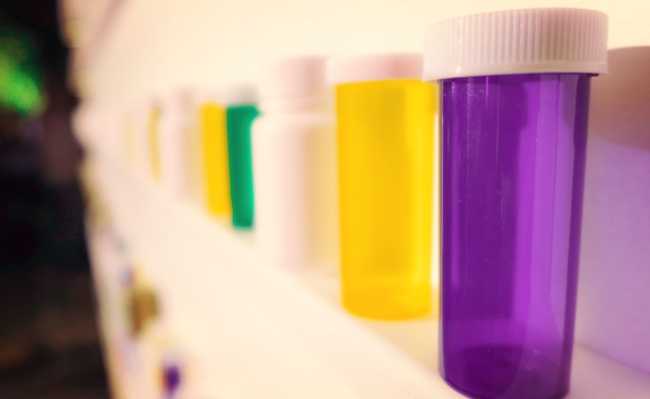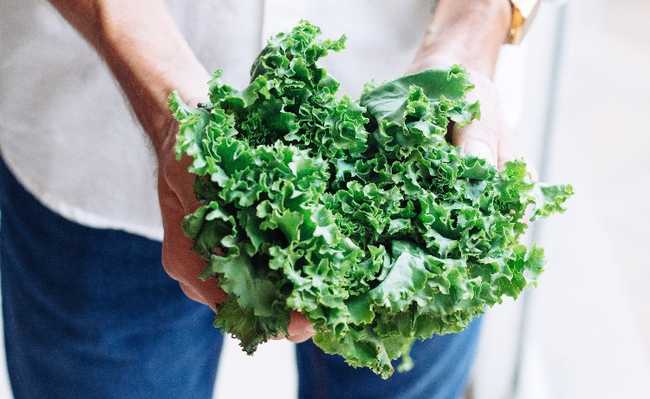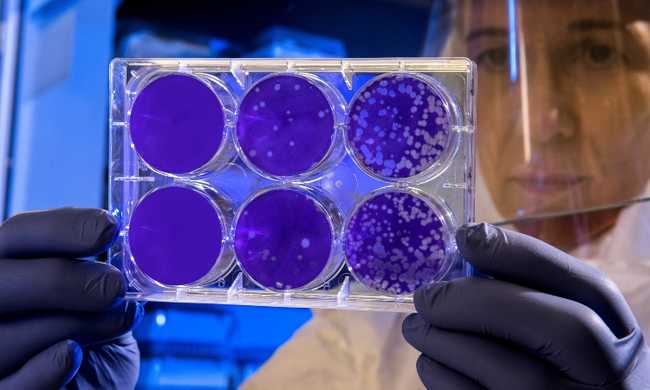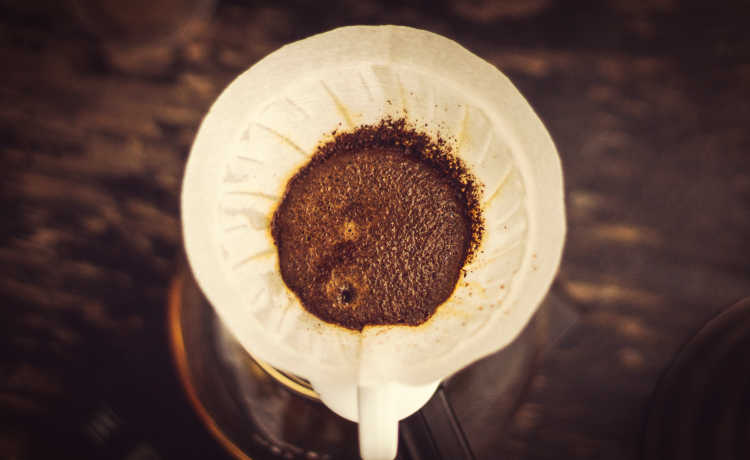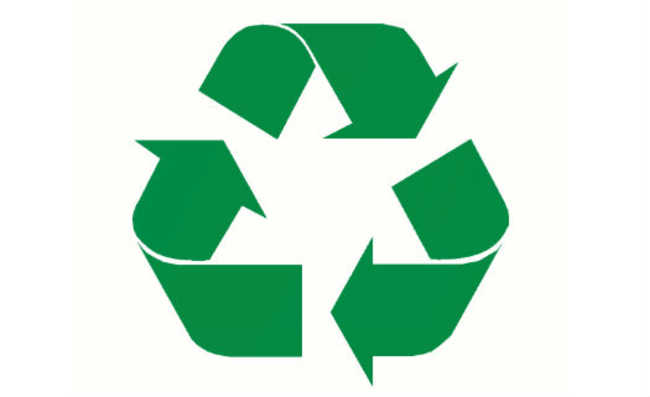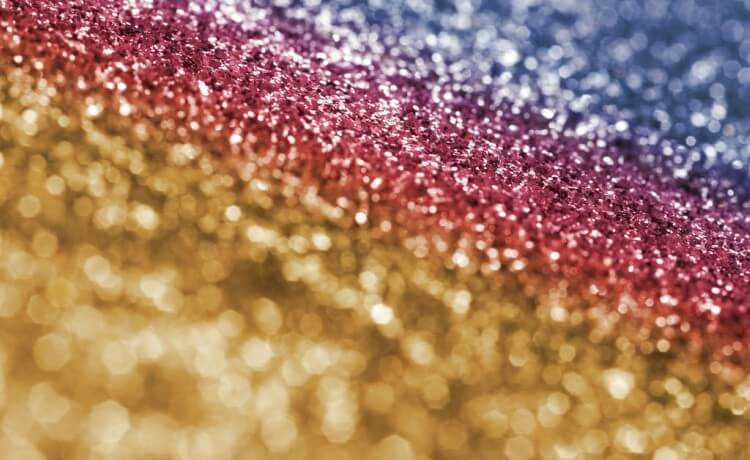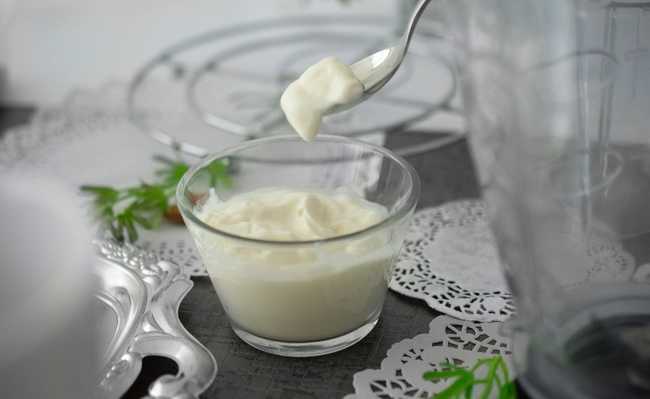How to unclog a drain sustainably
Discover a simple, practical and eco-efficient recipe to unclog any drain

How to unclog a drain is a common question in any home. In the kitchen, the villains are small pieces of food, fat and oil. In the bathroom, the problem with the shower drain is hair, hair and soap remnants. The solutions commonly found on the market include powerful chemicals that do not always solve the problem and contribute a lot to pollution, especially if your city does not have a sewage treatment program.
Check out the video and understand how to proceed to unclog the drain in any part of the house in a sustainable way. If you like it, subscribe to the channel. eCycle portal on Youtube. The video presents an eco-efficient and quick solution on how to make a recipe to clean the drain. It's shoot and drop in clogging prevention! Let's go to it:
Ingredients
- 1/2 cup of baking soda;
- 3.5 liters of water;
- 1 cup of white vinegar;
- 1/2 lemon squeezed.
Method of preparation
First pour half a cup of baking soda down the drain. Then mix a cup of white vinegar with the squeezed half lemon. Pour the mixture down the drain after the baking soda. Wait another five minutes and pour the 3.5 liters of hot water down the drain. The water will wash out the mixture, putting an end to the clogged drain problem.
Operation
Sodium bicarbonate is an alkaline chemical that will help you on your mission to unclog the drain. It will break down the grease particles that exist in the pipe, while the vinegar, which is an acid, will make the baking soda foam, facilitating the chemical's action throughout the pipe. Periodically use this recipe to prevent clogging. It will ensure that there is no debris build-up in your piping and that an irreversible condition occurs.
The importance of cleaning the drain frequently and replacing chemical products with more ecological ones is reflected in Brazil, for example, in the issue of rivers in the city of São Paulo. A solution to this problem has been debated for 40 years and, until today, there has been only a small improvement. Much of this pollution comes from residential waste, such as insecticides, detergents, caustic soda, among others.

